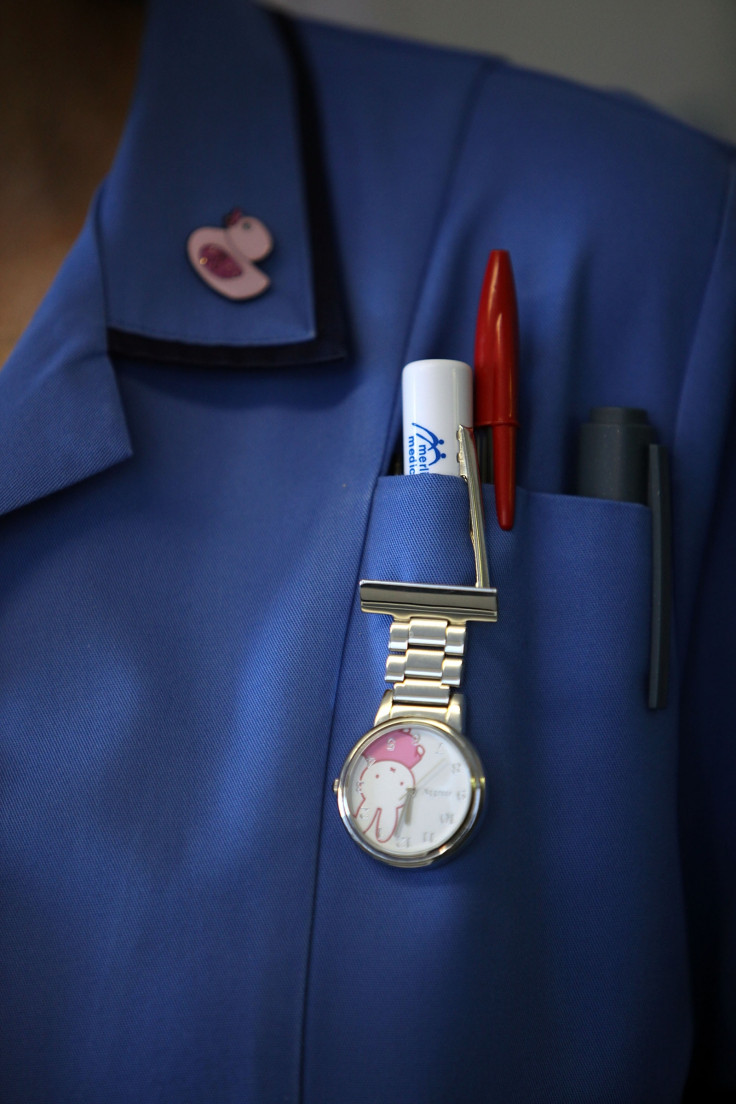Mental Health Services Under 'Unprecedented Strain', Say Nurses
Royal College of Nursing claims there are 3,300 fewer mental health nurses than in 2010

Staff cuts and rising demand have left Britain's mental health services under severe strain, nurses have warned.
The Royal College of Nursing said that 3,300 nursing positions have been cut, and that there are 1,500 bed then in 2010, when the coalition government came into power and enacted cuts to mental health services.
In the same period there has been a 30% surge in demand for places.
The study also revealed that there was a 13% rise in the number of people detained under the Mental Health Act, suggesting that mental health services did not have the resources to spot people's problems early.
Dr Peter Carter, chief executive and general secretary of the Royal College of Nursing, said that the cuts had placed mental health services under "unprecedented strain", and could do lasting damage.
"We are running the serious risk of turning back the clock and undoing all the good work that has gone before.
"Money is tight in the NHS but if we are serious about treating mental illness in the same way as physical illness, then people must be offered what they need before reaching crisis point.
"If staffing levels and services are cut back further, then services will continue to crumble, which would be a tragedy for us all, to say nothing of all the thousands of private tragedies that could result."
The RCN said that there was an urgent need for more nurses to be trained to provide care in the community and inpatient treatment, with one-third of mental health nurses over 50.
Rethink Mental Illness chief Mark Winstanley said that the cuts would ultimately cost the government more, as they would lead to a greater demand for hospital places.
"Reducing nursing staff levels will result in more people needing long-term support and expensive treatment. The costs to the NHS in the long-run will far outweigh any short-term savings it gains."
A Department of Health spokesman said: "Mental health is a priority for this government which is why we announced last month an additional £120 million to improve care and introduced the first ever waiting time standards, which underpins our legislation on parity of esteem."
© Copyright IBTimes 2025. All rights reserved.




















